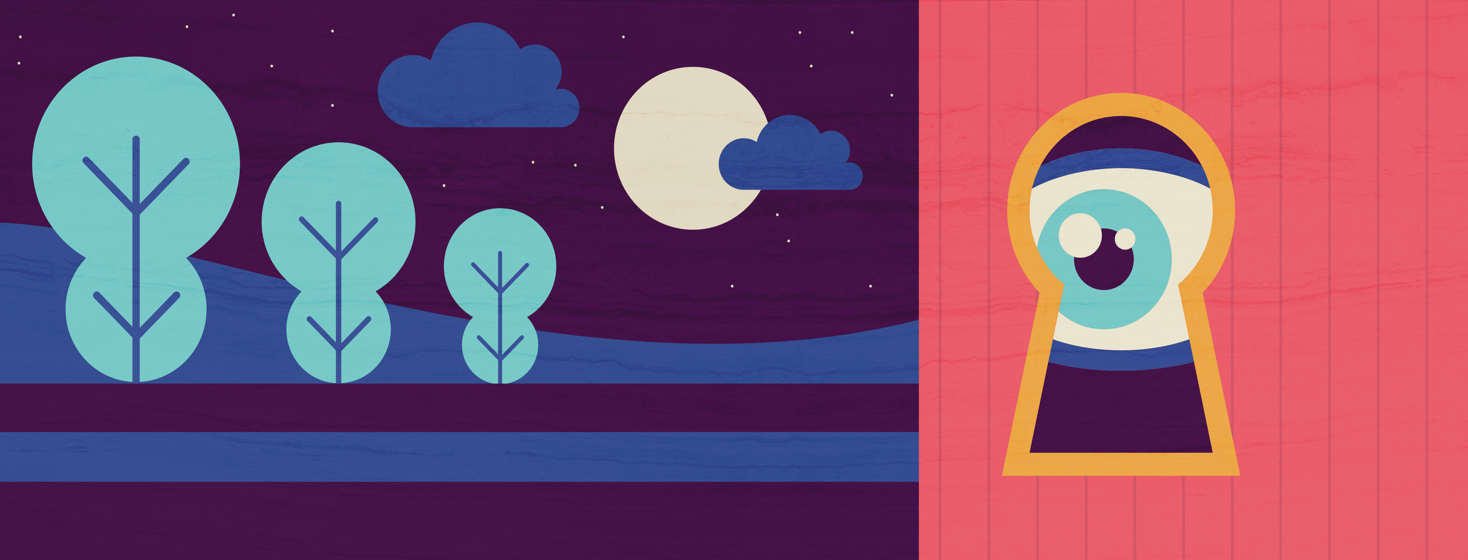Hypervigilance, Insomnia, and PTSD
Do you often curse the night as I do?
When I experience my insomnia, I experience many symptoms involving being hyperaware, despite being on medications. The term for this is called hypervigilance, and according to Merriam Webster, it’s defined as "extreme or excessive awareness, a state of being highly or abnormally alert to potential danger or threat."1
How I should feel is not always how I actually feel
I know that I am safe, or should feel safe, especially if I am with my significant other or family, but when you have post-traumatic stress disorder (PTSD), it doesn’t matter or discriminate when or how you should feel - or even why.
It’s known that people experiencing types of PTSD may struggle with hypervigilance, irritability, and heightened state response, including flashbacks of the original trauma.2
I can say that first hand, this is the biggest symptom of my PTSD and one of the biggest factors in my insomnia.
Despite being on medication specifically for PTSD and insomnia, I am still extremely affected by this symptom that so many others in our community experience.
How I experience hypervigilance
I often find myself peeking through the blinds, locking my car doors multiple times, walking around my living room and bedroom, like I am waiting for something terrible and life-altering to happen. You see, feeling vigilant means feeling like you can prevent future traumas from happening, whether that’s the truth or not.
PTSD doesn't discriminate how it presents itself or what time of day. If you work a shift other than first shift, you may have an even harder time getting to and staying asleep due to hypervigilance.
For many, darkness can be terrifying.3
This is something I relate to, as I mentioned peeking through the blinds above. Being terrified to miss something happening at night weighs on my anxiety and mind every single night.
Does this sound familiar?
Is this one of your symptoms if you struggle with insomnia as well as PTSD? Were you aware of your hypervigilance before your psychiatrist or therapist explained it to you? Did a lot of things make sense when hypervigilance was explained to you?
Would it help if I provided some words that explain what the meaning of hypervigilant is?
Here are some, according to Merriam Webster: hyperalert, sleepless, wakeful, careful, cautious, sharp, mindful, cognizant, prepared, ready, open-eyed, wide awake.4
Do these sound like you? I definitely recommend this as something to explore with your psychiatrist, for sure.
Being more aware of my hypervigilance
Therapy has helped some; as I mentioned, I am currently undergoing EMDR therapy, a long process for those of us who have experienced severe or prolonged exposure to trauma. Being aware that I am over-aware actually hasn’t made it worse.
It has made me hone in on why or what I’m doing at the time, gather my resources from therapy, and be able to do a sort of “reset” at that moment.
Here, I’m able to realize the I’m being too aware and focus on my resources that we’ve worked on in therapy. These resources are personal and individualized as well as private for many of us, so I will keep mine to myself.
Is hypervigilance a symptom you can relate to? How do you cope? Share with us in the comments below.

Join the conversation